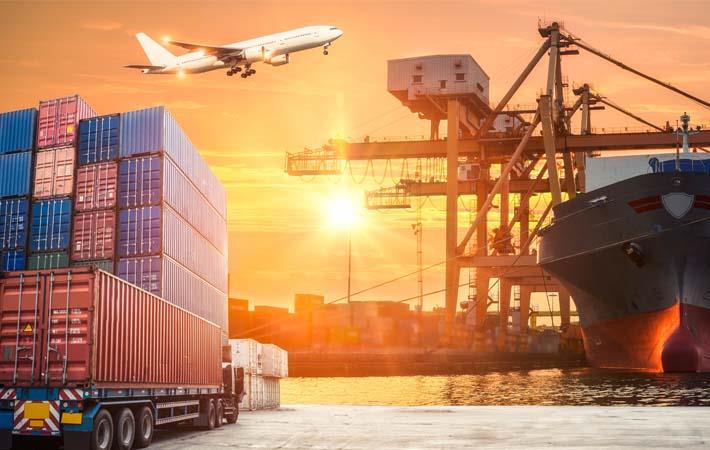India’s commerce ministry has reportedly circulated a cabinet note to phase out the Merchandise Exports from India Scheme (MEIS) and shift to a regime more compatible with the World Trade Organisation (WTO), as many nations have challenged India’s export ‘subsidy’ schemes.
Exporters will be refunded levies that are not reimbursed through freely transferable scrips.
The new scheme will refund both state and central levies on inputs consumed in exports and various sectors will be covered in phases, according to a report in an Indian business daily.
The duty drawback panel under the finance ministry (with inter-ministerial representation) will fix the rate of scrips for various products. The scheme will be monitored by the ministries of commerce and finance (department of revenue).
As for the remission of state levies for garment and made-up exports, the government allocated ₹ 3,664 crore in fiscal 2018-19. However, the compensation level under this scheme was expanded in March to include central levies as well, and some embedded taxes were also factored in. So the potential revenue forgone is now estimated at around ₹6,300 crore annually.
Government officials have, however, made it clear that the entire allocation or potential revenue forgone on account of various such schemes does not qualify as export subsidies, as in most cases, these are meant to only soften the blow of imposts that exporters have been forced to bear due to a complicated tax structure.
Under MEIS, the government provides exporters, especially in the labour-intensive sectors, duty credit scrip at 2-5 per cent of their export turnover, depending on products and shipment destinations.
The United States has dragged India to the WTO, claiming that New Delhi offered illegal export subsidies and “thousands of Indian companies are receiving benefits totalling over $7 billion annually from these programmes”. India has rejected such claims.
However, to prepare exporters, commerce and industry minister Piyush Goyal last month asked the industry to stop relying on subsidies and improve competitiveness.
Published On : 01-08-2019
Source : Fibre 2 Fashion

